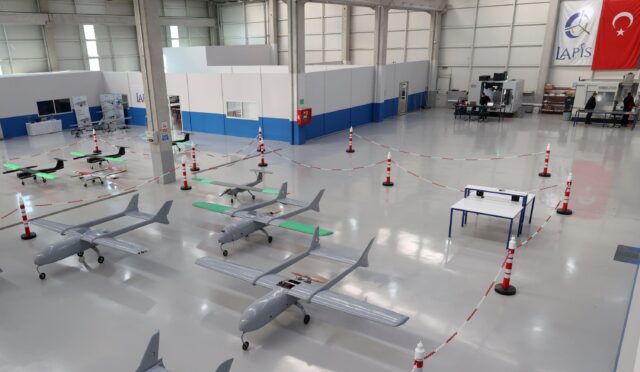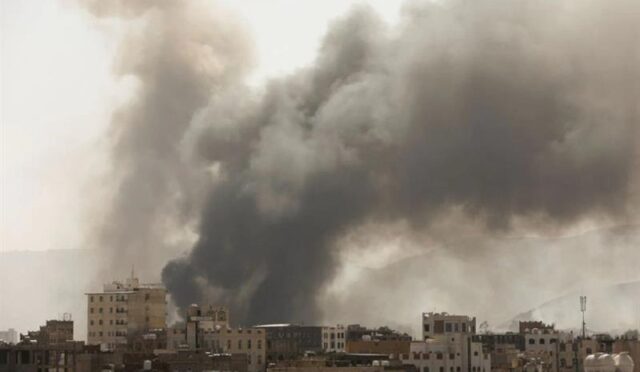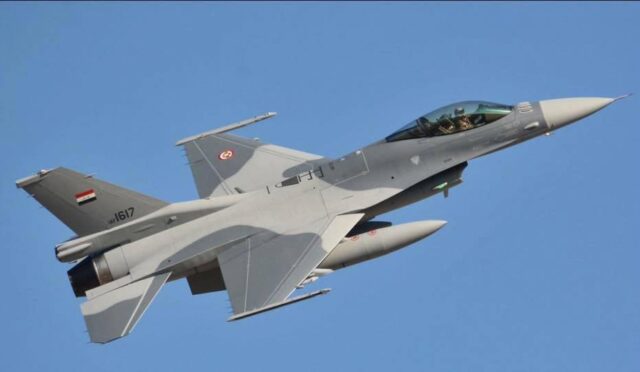Typhoon 30 Remote Weapon Station: Advancements in Drone Defense
Rafael Advanced Defense Systems has announced the successful completion of desert drills for its Typhoon 30 remote weapon station (RWS), showcasing its capabilities in neutralizing enemy drones. This significant test was conducted to assess the system’s effectiveness against unmanned aerial threats, particularly in a combat setting. During the test, although the Typhoon missed its initial shot, it quickly regained accuracy with a follow-up strike, ultimately bringing down its target.
Originally intended for naval operations, the Typhoon 30 has proven its versatility by demonstrating the ability to be mounted on a 20-foot (6-meter) modular platform. This flexibility indicates its potential use not just on warships but also on ground vehicles and stationary defense installations. By broadening its deployment options, the Typhoon 30 can adapt to various battlefield scenarios, enhancing its operational effectiveness.
Advanced Firepower and Capabilities
The Israeli-designed Typhoon 30 is equipped with a 30 mm Mk44 Bushmaster gun manufactured by Northrop Grumman. This weapon can fire at variable rates, ranging from single shots to an impressive 200 rounds per minute. The system’s design accommodates an ammunition capacity of 190 rounds readily available for immediate firing, with an additional 190 in reserve. This allows the Typhoon 30 to sustain prolonged engagements with multiple aerial targets, including drone swarms and rapid surface threats.
Beyond its firepower, the Typhoon 30 boasts sophisticated stabilization technology and accuracy enhancements, enabling effective operation in various weather conditions and around-the-clock surveillance. Its all-weather capabilities make it a formidable asset in the evolving landscape of aerial threats, ensuring that Israeli defense forces are well-equipped to handle emerging challenges.
A Response to the Growing Drone Threat
Recognizing the increasing danger posed by drones to national security, Israel has undertaken proactive measures to bolster its defense capabilities. From October 2024 to February 2025, a defense ministry-led counter-unmanned aerial systems (c-UAS) demonstration was held, inviting local manufacturers to unveil their solutions in hopes of receiving full government funding. This initiative is part of a strategic response to the dynamic threat environment.
In this competitive landscape, Rafael presented its innovative medium-range Mini Typhoon RWS, which, alongside offerings from other prominent defense manufacturers such as Elbit Systems and Israel Aerospace Industries, highlights the collaborative effort to enhance drone defense systems. As these companies showcase their advancements, the emphasis remains on developing effective countermeasures to protect national interests against drone-related challenges.







